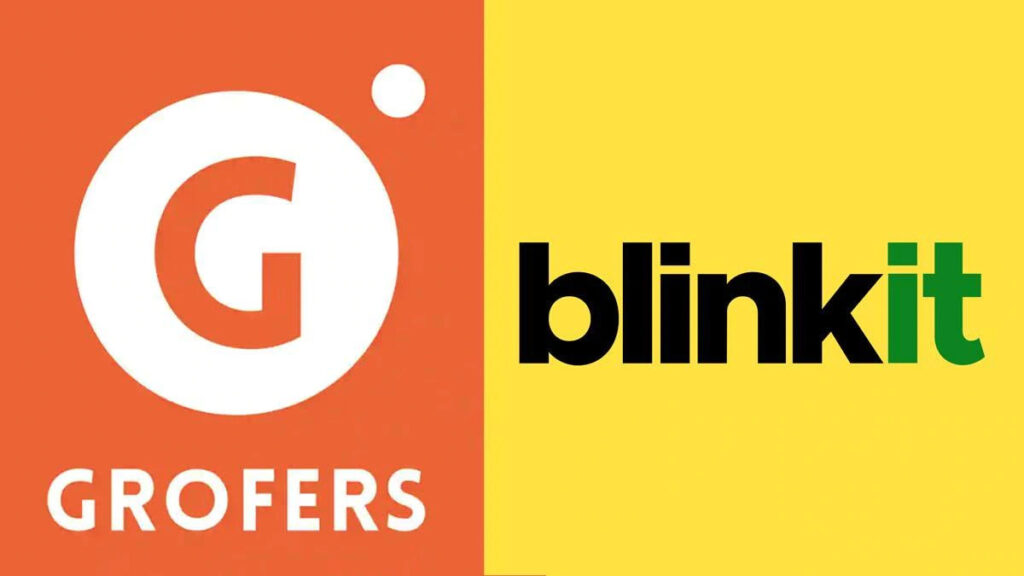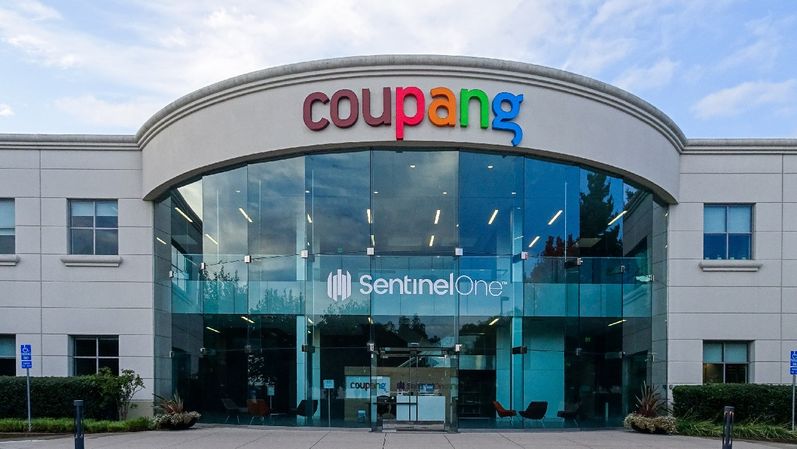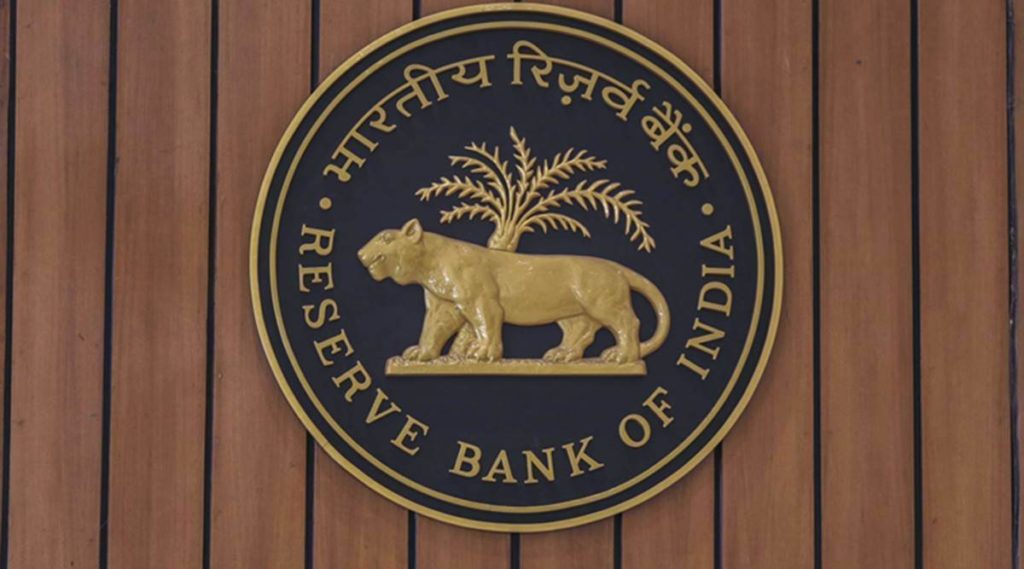From Grofers To Blinkit, Providing Instant Delivery Services For Grocery Shopping.
Blinkit is an e-commerce platform for grocery shopping. Over one crore Indians use Blinkit to shop for everything from veggies and supermarket staples to electronics and emergency supplies. It is the first company to introduce the rapid delivery concept to India. It delivers over two lakhs orders every day.
About the Company
Formerly known as Grofers, Blinkit is an Indian company providing instant delivery services for grocery and other items. It is headquartered in Gurgaon. Customers of Blinkit can place online orders for groceries and other necessities using a smartphone application. The delivery persons of Blinkit then collect the ordered items from the warehouse and deliver them within 10 minutes to the customer. BY 2021, the company was fulfilling over 1.25 lakh orders every day. In India, Blinkit is presently available in over 30 cities. As of 2021, SoftBank, Tiger Global, and Sequoia Capital have invested over 630$ million in the company.

History of the Company
Saurabh Kumar and Albinder Dhindsa established Blinkit as Grofers in December 2013. They teamed together to enter the supermarket delivery market after getting to know one another while working for Cambridge Systematics in the late 2000s. Their objective was to find solutions to the issues caused by the industry’s lack of organisation (both on the client and merchant ends). Before expanding to other Indian cities, the company conducted a test run in Delhi NCR. After operating as an online service that delivered groceries for seven years, Blinkit offered quick grocery delivery services in India by constructing dark storefronts throughout the country’s cities. The company claimed to have delivered over 7,000 grocery products in Gurgaon in fifteen minutes in July 2021. After completing over 20,000 under-15-minute, deliveries each day across ten cities, it offered 10-minute delivery across the top 12 cities a month later, in August 2021. In keeping with its goal to promote quick commerce, Grofers changed its name to Blinkit on December 13, 2021. To take advantage of the rapidly expanding market for speedy grocery delivery, food delivery network Zomato has agreed to purchase Blinkit for $569 million in an all-stock deal. The deal is currently underway.
Business Model
An online marketplace served as the foundation of Blinkit’s business plan. They took orders through their website or app. Blinkit uses a partnership approach to deliver the goods in less than 10 minutes for all of its business activities. To do this, it collaborates with regional companies and brands, logistics, warehousing, transaction partners, and payment solutions. As a result of the greater visibility, partner retailers received more orders; Blinkit made money by charging a commission based on a percentage of these sales. It presently offers a 10-minute delivery service through more than 250 associate retailers.
Controversies
Groceries, fresh produce, meat, stationery, bakery goods, infant care, pet care, snacks, flowers, etc., are the main items that Blinkit provides. The 10-minute delivery service offered by the business was criticised in August 2021, and delivery partner safety issues were brought up. In a tweet, CEO Albinder Dhindsa defended the quick delivery system and asserted that there had been no accidents because of this.
Founders – Albinder Dhindsa, Saurabh Kumar
Eight years ago, in 2013, Albinder Dhindsa and Saurabh Kumar co-founded Grofers. In addition to being an IIT Mumbai alumnus, Saurabh earned his MS at the University of Texas in Austin. He served as the head of operations at Rasilant Technologies before joining Grofers and was an engineer at Cambridge Systematics in New York before that. Albinder Dhindsa is currently the CEO of Blinkit. In 2005, he started working as a transportation analyst at URS Corporation after completing his education. He worked for two years before switching to Cambridge Systematics as a Senior Associate, where he met Saurabh. Dhindsa decided to leave his work in 2010 to pursue his MBA in the United States. He worked for UBS Investment Bank for three months in 2011 while living in the US. He has also served as Zomato’s Head of International Operations.

I am a law graduate from NLU Lucknow. I have a flair for creative writing and hence in my free time work as a freelance content writer.


